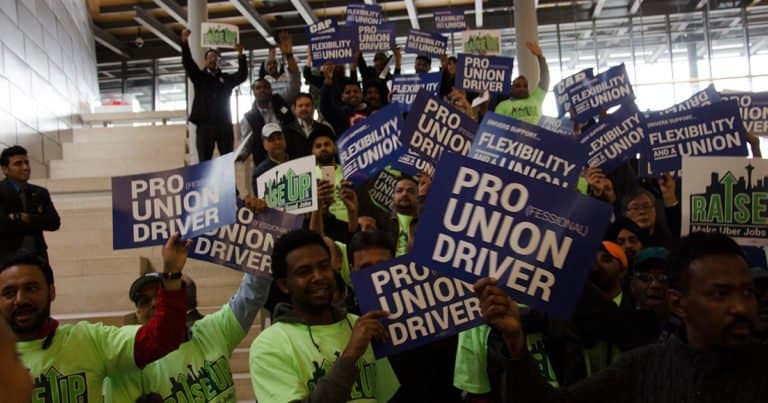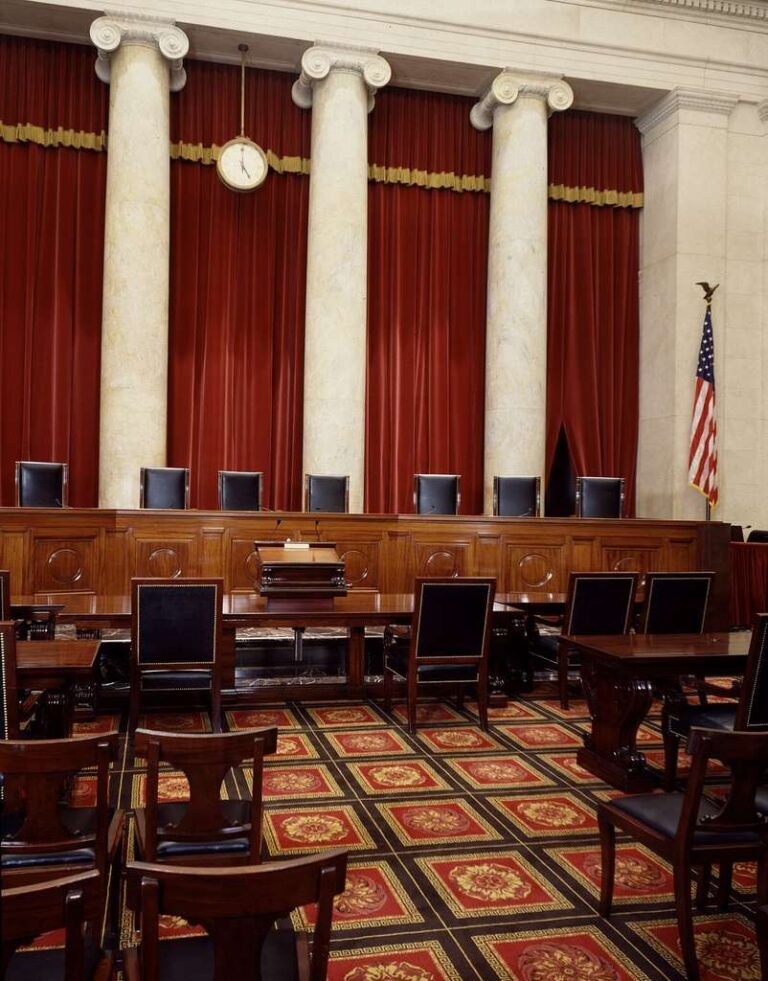Jack Goldsmith is the Learned Hand Professor of Law at Harvard Law School, where he teaches and writes about national security law, international law, internet law, and, recently, labor history. Before coming to Harvard, Professor Goldsmith served as Assistant Attorney General, Office of Legal Counsel from 2003-2004, and Special Counsel to the Department of Defense from 2002-2003.
Derek Thomson at the The Atlantic maintains that the fast-food work strikes won’t accomplish much. His argument in a nutshell:
The strikes would have a much better shot at inspiring a change in franchise- and corporate-level policy if fast-food chains perceived one of two threats: (a) a threat to the steady supply of food-service workers who want to be employed at any wage and (b) a threat from consumers demanding higher wages for their fast-food clerks by not buying burgers and fries at McDonald’s.
Instead, the big-picture doesn’t reveal either of these pressure points. Fast-food jobs aren’t merely scattered among the most despondent corners of the economy. They’re growing fastest among some of the richest and most-educated metros. Bridgeport, Conn., Salt Lake City, Raleigh, Chapel Hill, and Washington, D.C., are among the five areas with the most growth in food service work between 2010 and 2013. . . .
[T]he collapse of middle-income stalwarts like manufacturing has left a glut of young low-skill workers who are rushing into to fill local service-sector needs at big-box stores and fast-food chains. And that, to me, suggests another thing: That there are more people willing to do these jobs than there are people willing to strike.






Daily News & Commentary
Start your day with our roundup of the latest labor developments. See all
October 20
Supreme Court won't review SpaceX decision, courts uphold worker-friendly interpretation of EFAA, EEOC focuses on opioid-related discrimination.
October 19
DOL issues a new wage rule for H-2A workers, Gov. Newsom vetoes a bill that regulates employers’ use of AI, and Broadway workers and management reach a tentative deal
October 17
Third Circuit denies DOL's en banc rehearing request; Washington AG proposes legislation to protect immigrant workers; UAW files suit challenging government surveillance of non-citizen speech
October 16
NLRB seeks injunction of California’s law; Judge grants temporary restraining order stopping shutdown-related RIFs; and Governor Newsom vetoes an ILWU supported bill.
October 15
An interview with former NLRB chairman; Supreme Court denies cert in Southern California hotel case
October 14
Census Bureau layoffs, Amazon holiday hiring, and the final settlement in a meat producer wage-fixing lawsuit.